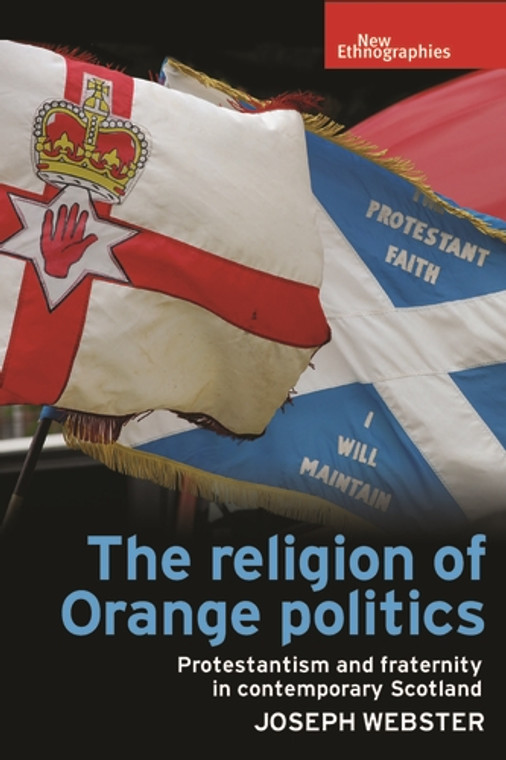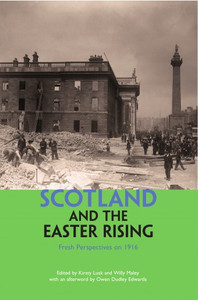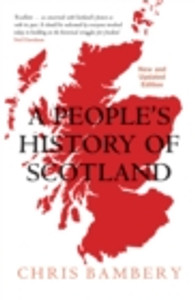
The religion of Orange politics offers an in-depth anthropological account of the Orange Order in Scotland. Based on ethnographic research collected before, during, and after the Scottish independence referendum, Joseph Webster details how Scotland's largest Protestant-only fraternity shapes the lives of its members and the communities in which they live. Within this Masonic-inspired 'society with secrets', Scottish Orangemen learn how transform themselves and their fellow brethren into what they regard to be ideal British citizens.
It is from this ethnographic context - framed by ritual initiations, loyalist marches, fraternal drinking, and constitutional campaigning - that the key questions of the book emerge: What is the relationship between fraternal love and sectarian hate? Can religiously motivated bigotry and exclusion be part of human experiences of 'The Good?' What does it mean to claim that one's religious community is utterly exceptional - a literal 'race apart'?
REVIEWS
'Joseph Webster here confirms his reputation as an anthropologist of the hidden orders of power, prophecy, and secrecy that lie behind the everyday world. The religion of Orange politics is a timely reminder that religion, politics, and nationalism are intertwined in our identities in complex historic knots. Above all, it is a book about people, in all their flawed and noble humanity.'
David G. Robertson, The Open University
'Joseph Webster's fascinating book is the most insightful, balanced and convincing study of the Orange Order in modern Scotland yet published. It deserves a wide readership.'
Sir Tom Devine, University of Edinburgh






